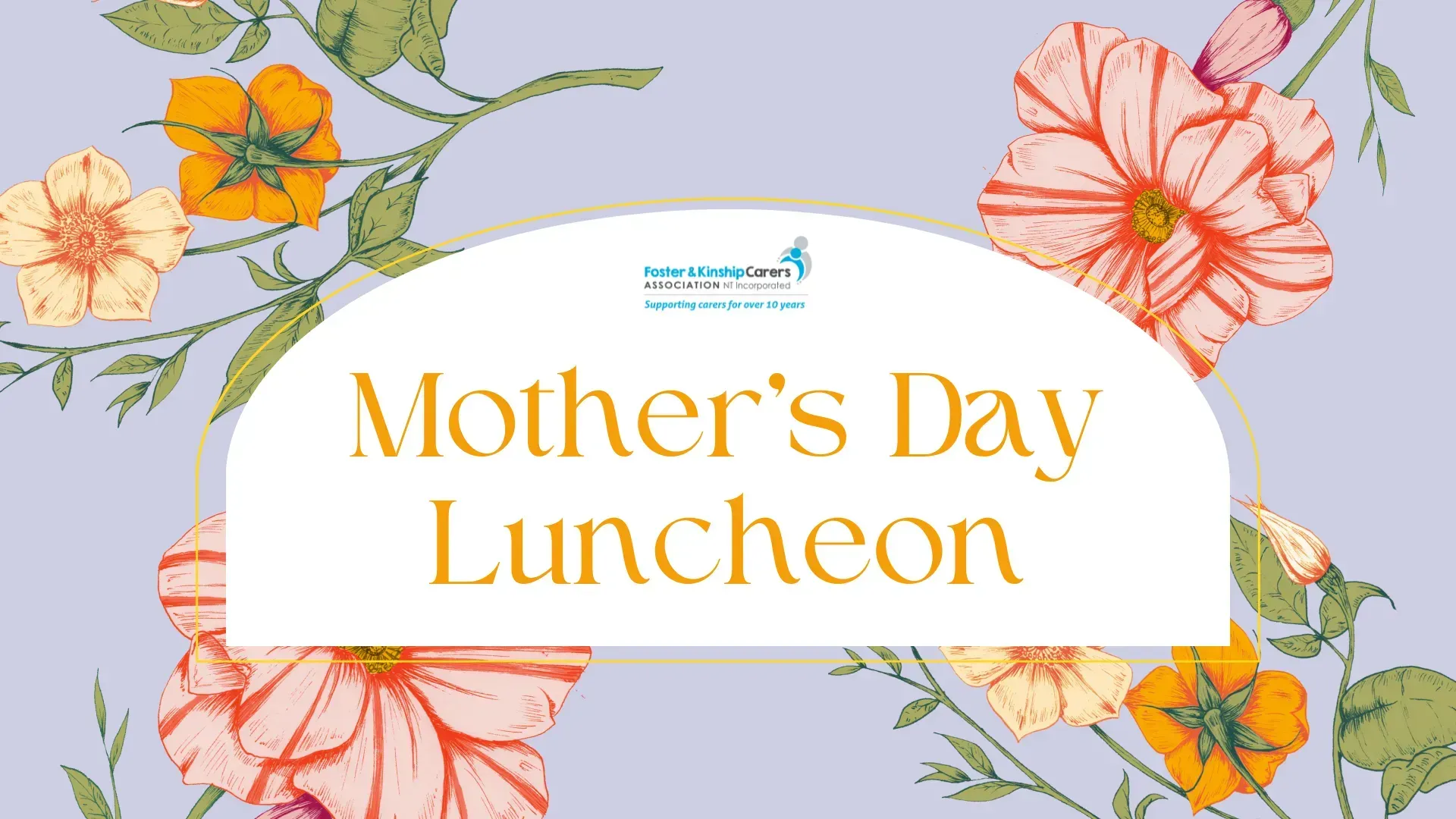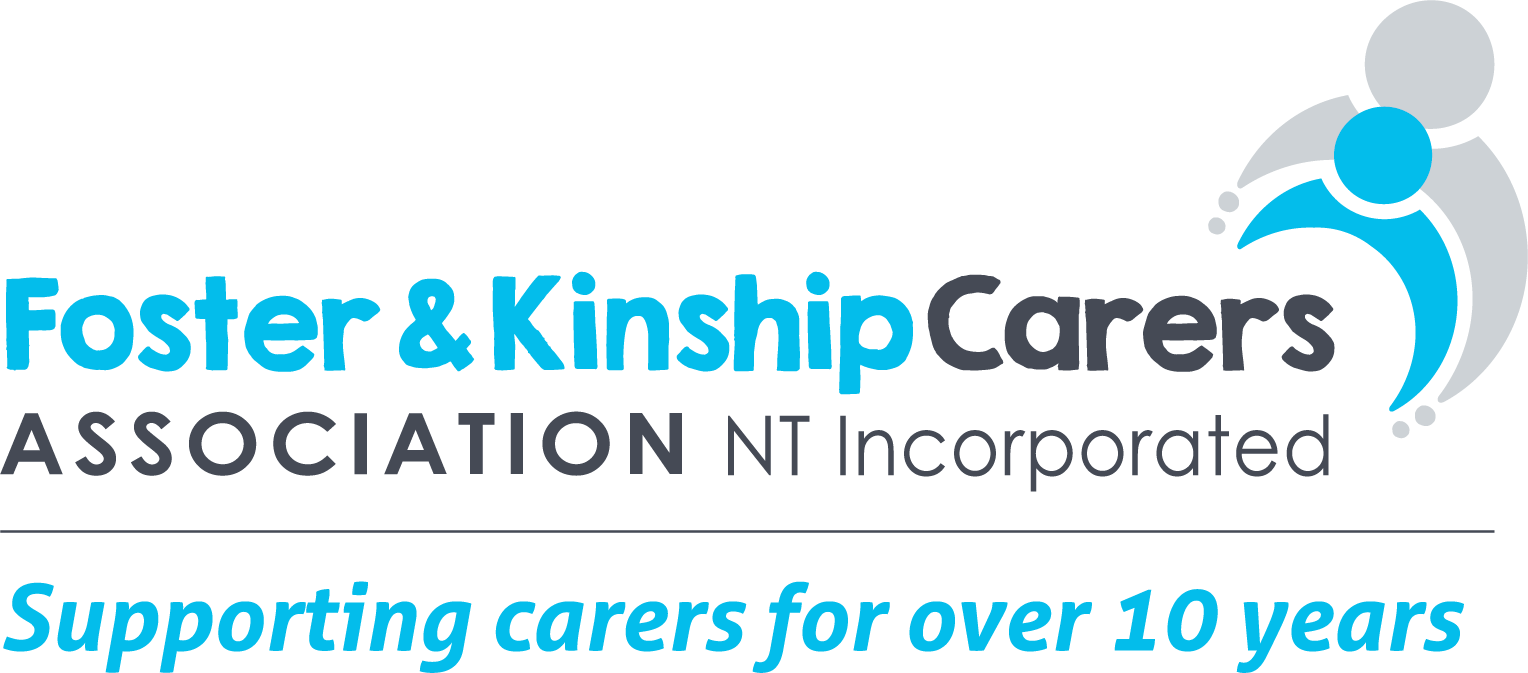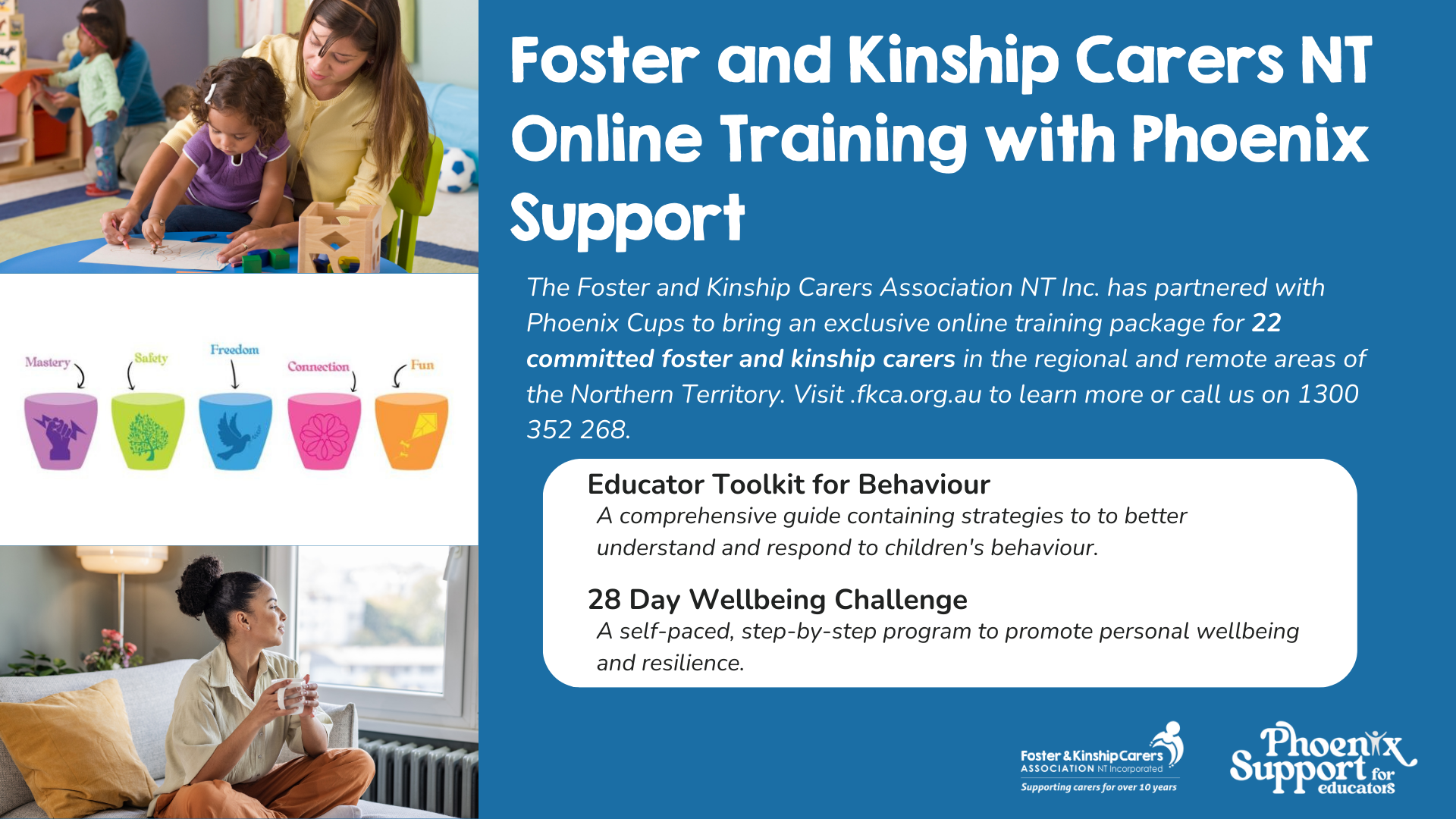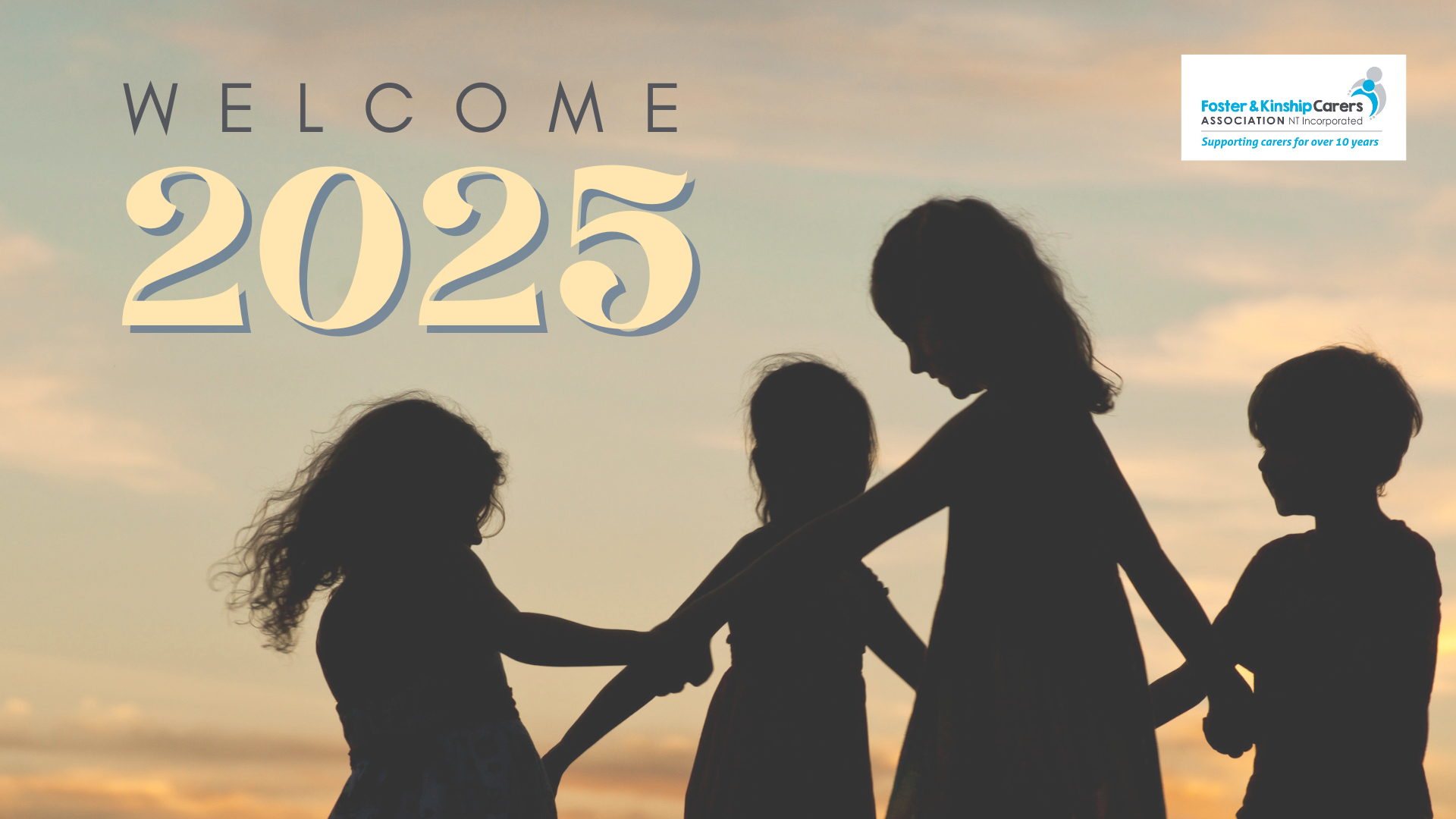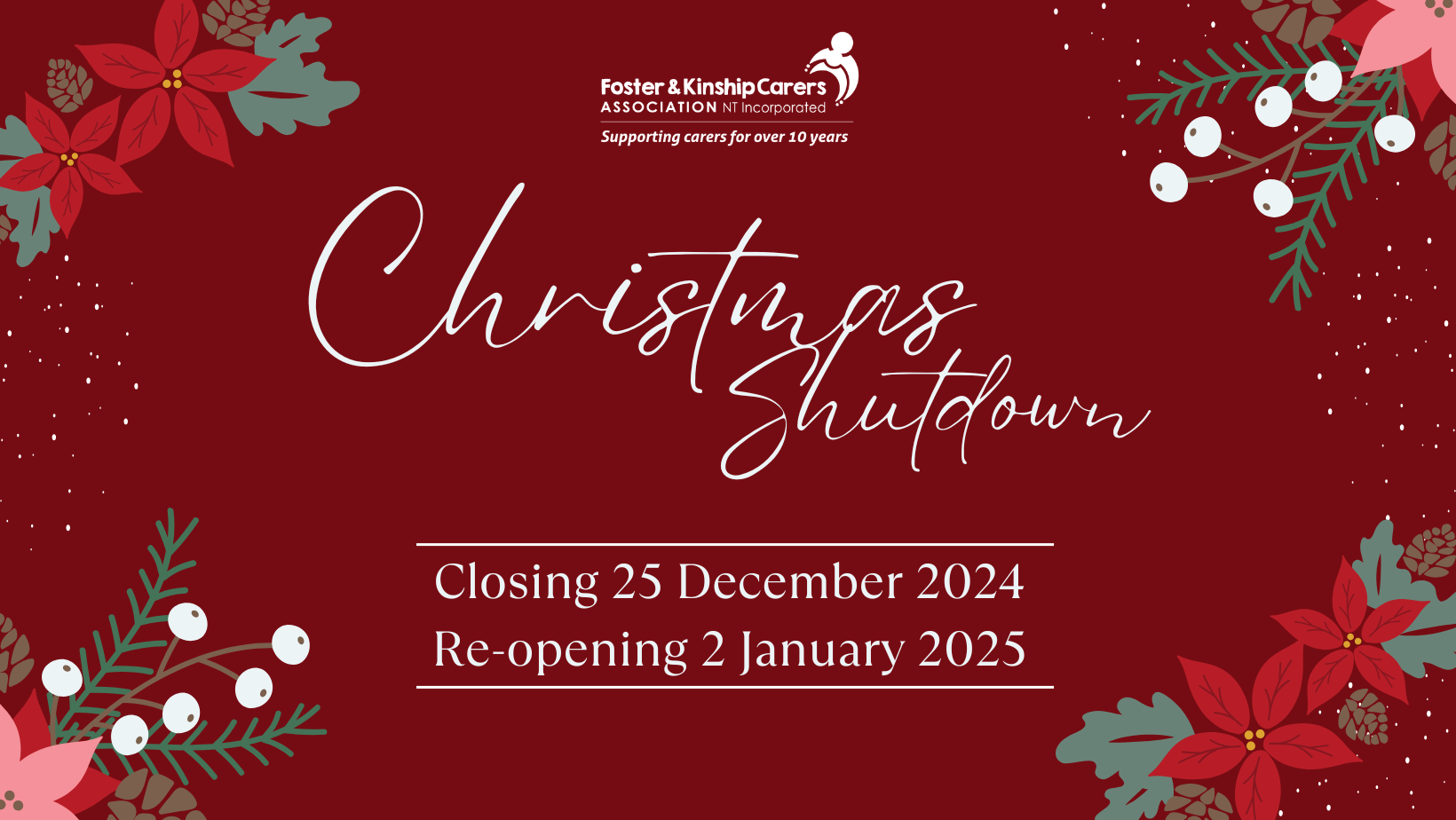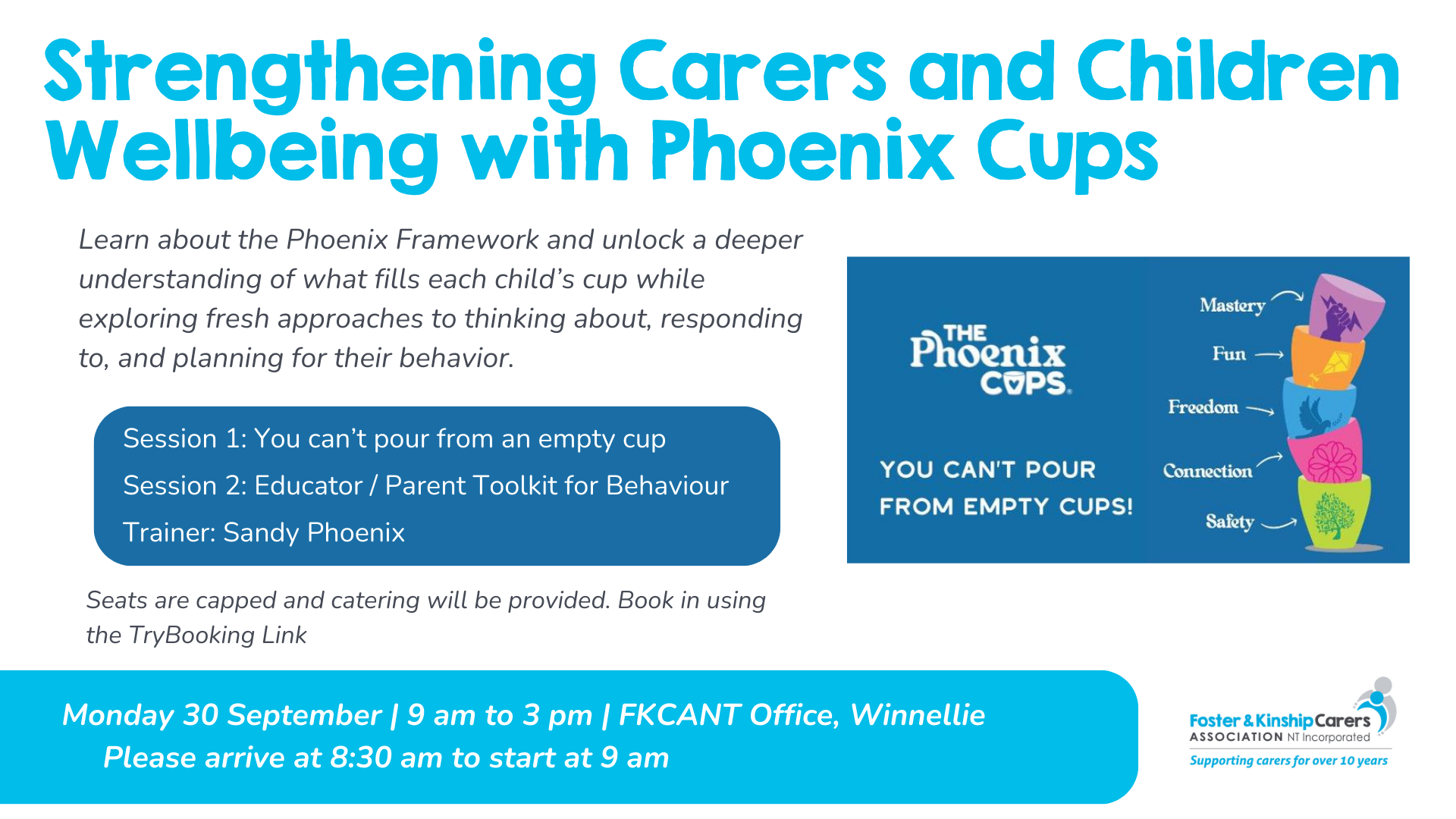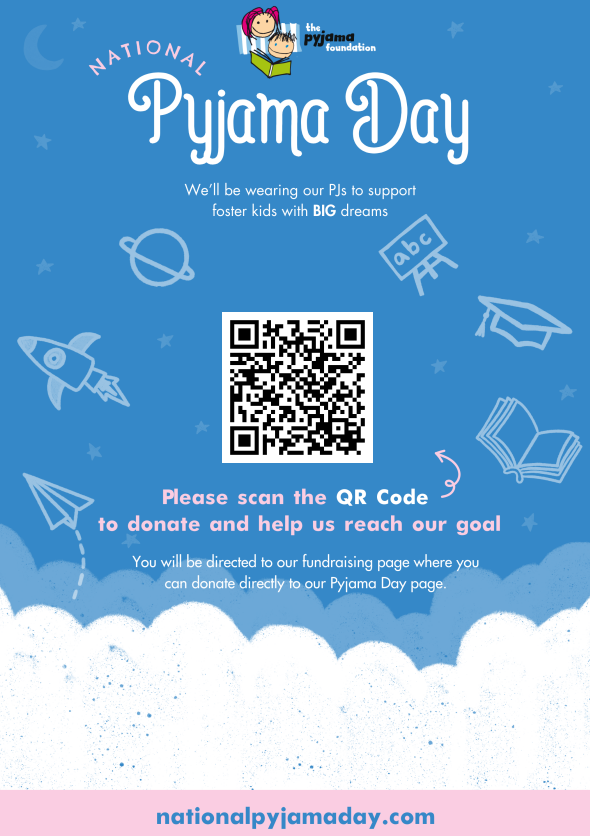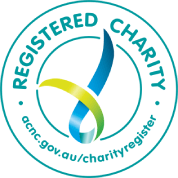
Substance abuse is a huge problem in Australia. The most recent United Nations Report on Drugs indicates 269 million people use drugs each year. According to the Australian Institute of Health and Welfare (AIHW) many pregnant women in Australia use substances which are harmful to their unborn children during pregnancy. AIHW reports 10% of women smoke, 35% drink alcohol, 2.3% use illicit drugs, and 1.9% use prescription painkillers for non-medical purposes during pregnancy. Pregnant women in remote and very remote areas, and those living in greater socioeconomic disadvantage are more likely to use substances compare others.
There are currently over 46,000 children and young people in out-of-home care in Australia. Parental substance use commonly contributes to the constellation of reasons for a child’s removal from parental care as it is a key risk factor for child abuse and neglect. In 2019 the AIHW reported nearly 15% of parents in Australia used illicit substances. A growing body of research insists that parental substance misuse has the potential to negatively impact on virtually every aspect of a child’s health and development, from conception onwards.
For many years it was thought that the placenta worked as a filter and protected unborn babies from harmful substances. We now know that the placenta does not offer the sort of protection we once thought (or hoped). The full impact of infant exposure to harmful substances is not known, however, many short and long term implications have been identified. This article will discuss the potential short and long term effects of prenatal substance exposure, as well as provide strategies to manage these effects.
Babies who are exposed to addictive substances before birth often experience withdrawal after birth. During this time babies may experience a range of symptoms that require hospitalisation for supportive treatment. These symptoms may include; tremors, seizures, hyperactive reflexes, restlessness, poor feeding, breathing difficulties, sweating, vomiting, and loose or watery stools and a very distinctive high-pitched cry. Withdrawing babies are easily startled and struggle to self soothe. Many substance exposed babies are born premature and undernourished and require invasive therapies such as mechanical ventilation or feeding via a nasogastric tube to support their growth and development during withdrawal.
Withdrawal from addictive substances is an extremely uncomfortable experience. What’s more, many of the symptoms (eg. tremors) cause the baby to expend large amounts of energy. This increased energy consumption is problematic given most substance exposed babies are born undernourished and experience feeding difficulties. When symptoms are deemed severe, the decision may be made to medicate in order to decrease discomfort and demand on the baby’s body. The amount of medication the baby is given slowly decreases as the symptoms of withdrawal subside and the baby grows. Sometimes babies are discharged from hospital still receiving medication. When this occurs, it is very important to follow the instructions provided by the health professionals in order to ensure the baby is properly medicated.
Irritability during withdrawal and the period thereafter is a common complaint from nurses, parents and carers. Strategies proven to comfort the irritable baby are simple and easy to apply. Reducing excess stimulation, like light and noise, is very effective in helping to soothe an easily startled baby. The use of ‘white noise’ or soft music can help to block out regular household noises, such as other children. Swaddling is an age-old practice that not only helps the baby to feel safe and secure, but also protects him from his own startle reflex. Although historically controversial, research has now demonstrated dummy’s are not only effective in providing comfort, but also help ease pain. In fact, dummy’s used at bedtime are associated with a lower risk of SIDS (sudden infant death syndrome).
Possibly the most important and most effective strategy for soothing an irritable substance exposed baby is skin-to-skin contact. In the conventional context, skin-to-skin care is where a new born baby is placed on the biological mother’s bare chest. In foster care, skin-to-skin contact is modified to facilitate the baby’s contact with the carer. Ideally, the baby’s cheek lays on the foster carers upper chest (eg. By wearing a scoop neck t-shirt). This allows the baby to hear your heartbeat, smell your sent, and feel your warmth. Skin-to-skin contact has been found to improve feeding difficulties, reduce pain and promote brain development! So snuggle up!
It’s important to remember that not all babies who are exposed to substances during pregnancy will go through withdrawal. For example, while a baby that is exposed to heroin will likely withdrawal and be quite irritable (particularly if their mother was using close to the time of birth) a baby who was exposed to methamphetamine (AKA Ice) is likely to be very quiet and withdrawn. These quiet babies are often referred to as “perfect babies” as they self-soothe from the start. However, this is not actually a good thing. Babies need stimulation and interaction for their brains to develop in a healthy fashion. Don’t be lured into thinking that quiet babies don’t have issues which need addressed.
After withdrawal, some babies will grow and develop without any obvious long-term consequences of their prenatal substance exposure. However, many babies will experience physical, cognitive, and behavioural difficulties throughout childhood and adolescence. Understanding these difficulties are a direct result of their prenatal substance exposure can help foster carers to support children and adolescents struggling with these issues.
Many substance exposed children are born, and remain, small in size and stature compared to other children. This can have significant negative implications during adolescent years in terms of self-image and self-esteem. Good-intentioned comments about future growth spurts can serve to promote false hope and generate disappointment. Helping children to embrace and value themselves for who they are, not how they look, is paramount!
Fine and gross motor development delays are not uncommon amongst children and young people with a history of substance exposure. It is very important that foster carers are knowledgeable of “normal” developmental milestones (for example; when should a baby first roll over? Or what is the “normal” age to begin walking?). The earlier a delay is identified, the sooner supportive intervention can be accessed. Assistance from a physiotherapist or occupational therapist may be helpful for children who are not meeting their milestones in a timely fashion.
Substance exposure has been found to influence cognitive functioning. Most often it is the child’s executive functioning that is altered. Executive functioning is responsible for three main cognitive features; impulse control, working memory and mental flexibility. Alterations to these three capacities generally present as poor behaviour and often seems to develop ‘out of the blue’. Seeking the assistance of a child psychologist to identify strategies to assist individual children to improve their executive functioning may be helpful.
Children with poor impulse control struggle to follow the rules. They need continual encouragement and regular reinforcement of good behaviour. Poor impulse control is one of the reasons children with a history of substance exposure are more likely to use substance or engage in early sexual contact. Strategies to minimise temptation and distraction will help protect young people from long-term consequences of poor impulse control.
A poor working memory often leaves children lost when given a list of instructions. This becomes increasingly obvious in the classroom as children progress through the school system. Strategies to support these children include; providing one instruction at a time and the use of picture cards (for children who do not yet read) or written instruction so that children can revisit the instruction as needed.
Mental flexibility is the ability to adapt to change. Many children with a history of substance exposure thrive on routine. Predictability provides comfort and minimises anxiety. Consistency is key in caring for these children. Understanding the importance of routine can help foster carers to support children who may struggle with change. It’s important to take the time to talk about change, before it occurs (if possible) as well as after. Helping children to reflect on occasions they managed small change will go a long way to building resilience and helping them to manage larger change in the future.
This article has offered some insight into the effects of prenatal substance exposure. Caring for children and young people with a history of substance exposure is both challenging and rewarding. Every child is unique and requires individualised care. As your child’s foster carer, you are best suited to identify the needs of your child and seek out assistance to achieve optimal outcomes.
This article was written and authorised for use by our guest blogger Dr Stacy Blythe - Foster carer and Senior Lecturer in the School of Nursing and Midwifery at Western Sydney University.
Share this post online:
See More News

